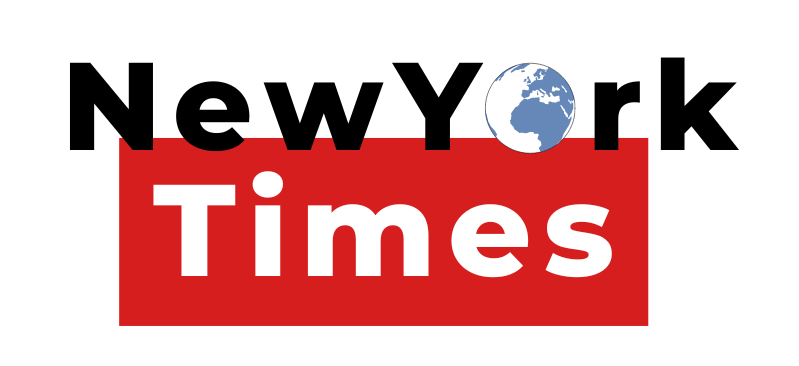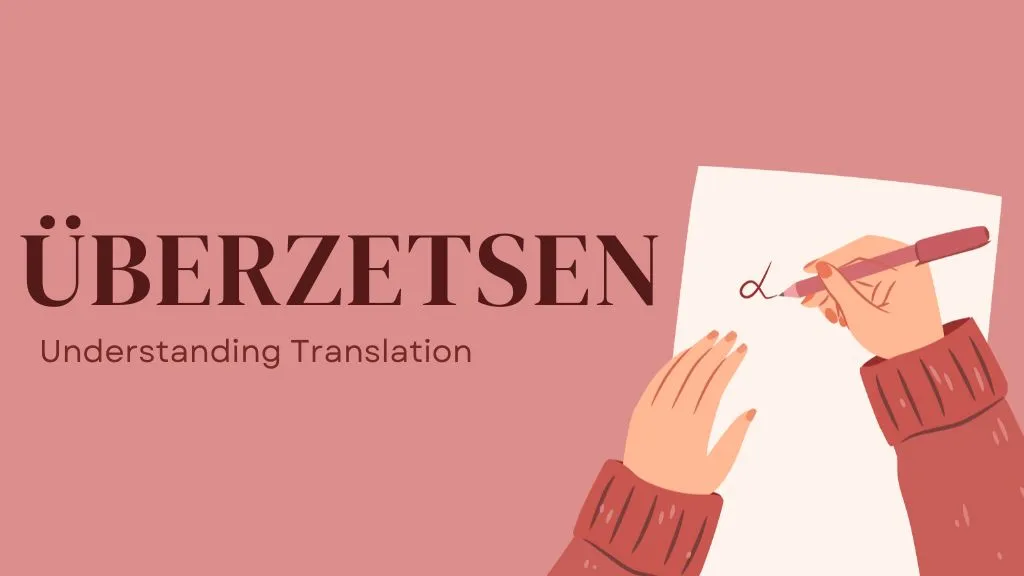Translation plays a key role in connecting people from different cultures and languages. The Dutch term “überzetsen” means “to translate.” This article will explore the importance of Translation (überzetsen), the methods used, challenges faced by translators, and its impact on society.
What Is Translation (überzetsen)?
Translation (überzetsen) is the process of converting text or speech from one language into another. This task requires not just a good understanding of both languages, but also cultural knowledge. Translators must capture the meaning and tone of the original content to ensure the message is clear in the new language. This work is important for sharing information, literature, and ideas across language barriers.
In today’s world, Translation (überzetsen) is vital for business, travel, and communication. As globalization increases, more people interact with different languages and cultures. Translators help bridge these gaps, making it easier for everyone to understand each other.
Why Is Translation (überzetsen) Important?
Translation (überzetsen) is essential for many reasons. It allows people to access information in their own language, making knowledge available to a wider audience. For example, scientific research published in English can be translated into other languages, helping non-English speakers learn about new findings.
Additionally, Translation (überzetsen) promotes cultural exchange. When literature or films are translated, people can enjoy stories from other cultures. This helps foster understanding and respect between different communities. In business, Translation (überzetsen) can open doors to new markets, allowing companies to reach customers worldwide.
In summary, Translation (überzetsen) enhances communication, education, and cultural appreciation, making it a crucial part of our interconnected world.
What Are the Types of Translation (überzetsen)?
There are various types of Translation (überzetsen), each serving different needs. Some common types include:
- Literary Translation (überzetsen): This involves translating books, poems, and other creative works. It requires an artistic touch to preserve the author’s style and emotions.
- Technical Translation (überzetsen): This type focuses on specialized fields like medicine, engineering, and law. Accuracy is critical to ensure the information is conveyed correctly.
- Website Translation (überzetsen): With the internet connecting people globally, translating websites is essential. This allows businesses to reach international customers and provides users with information in their preferred language.
- Interpretation: Unlike written Translation (überzetsen), interpretation involves translating spoken language in real-time. This is common in conferences and meetings where people speak different languages.
Each type of Translation (überzetsen) requires specific skills and knowledge to be effective.
What Skills Do Translators Need?
Translators need a unique set of skills to perform their jobs well. Here are some important skills for successful Translation (überzetsen):
- Language Proficiency: Translators must be fluent in both the source and target languages. This ensures they understand the nuances and meanings of words.
- Cultural Understanding: Knowing the cultures behind the languages is vital. Translators should be aware of idioms, customs, and social norms to translate effectively.
- Research Skills: Translators often encounter unfamiliar terms or concepts. Being able to research these topics is essential for accurate Translation (überzetsen).
- Attention to Detail: Small mistakes can change the meaning of a message. Translators must be careful and pay attention to every detail.
- Writing Skills: Good writing skills are necessary to produce clear and engaging Translation (überzetsen)s. The final text should flow smoothly and read well in the target language.
By developing these skills, translators can provide high-quality Translation (überzetsen)s that serve their audience effectively.
What Are the Challenges of Translation (überzetsen)?
Translators face many challenges in their work. Here are some common issues:
- Idiomatic Expressions: Idioms are phrases that don’t translate literally. For example, the English phrase “kick the bucket” means to die. A translator must find an equivalent expression in the target language.
- Cultural Differences: Different cultures have unique ways of expressing ideas. Translators must navigate these differences to avoid misunderstandings.
- Technical Terms: In specialized fields, jargon and technical terms can be difficult to translate. Translators must understand these terms to provide accurate Translation (überzetsen)s.
- Subjectivity: Language can be subjective, meaning the same phrase might be interpreted differently. Translators must use their judgment to choose the best wording.
These challenges require translators to be adaptable and resourceful, ensuring that they can meet the needs of their clients.
How Has Technology Changed Translation (überzetsen)?
Technology has significantly influenced the Translation (überzetsen) industry. Here are some ways it has changed the field:
- Translation (überzetsen) Software: Tools like computer-assisted Translation (überzetsen) (CAT) software help translators work more efficiently. These tools store previously translated phrases, making it easier to maintain consistency.
- Machine Translation (überzetsen): Services like Google Translate provide instant Translation (überzetsen)s. While these can be helpful for basic understanding, they often lack the nuance and accuracy of human Translation (überzetsen).
- Online Resources: The internet offers a wealth of resources for translators, including dictionaries, forums, and glossaries. These tools help translators find the right terms and connect with others in the field.
- Remote Work: Technology allows translators to work from anywhere. This flexibility enables them to collaborate with clients and colleagues worldwide, expanding their opportunities.
While technology has improved Translation (überzetsen) processes, human translators remain essential for ensuring quality and accuracy.
What Are the Benefits of Translation (überzetsen)?
Translation (überzetsen) offers numerous benefits that impact individuals and society as a whole. Here are some key advantages:
| Benefits of Translation (überzetsen) | Description |
| Improved Communication | Breaks down language barriers, allowing people to understand each other. |
| Access to Information | Makes knowledge available to non-native speakers, enhancing education. |
| Cultural Exchange | Promotes understanding and appreciation of different cultures. |
| Business Opportunities | Helps companies reach new markets and attract international customers. |
| Enhanced Collaboration | Facilitates teamwork across countries and cultures, boosting innovation. |
By understanding these benefits, we can appreciate the vital role Translation (überzetsen) plays in our globalized world.
Conclusion
In conclusion, Translation (überzetsen), or “überzetsen,” is a crucial process that connects people across languages and cultures. It allows for improved communication, access to information, and cultural exchange. Despite the challenges translators face, their work remains vital in today’s world.
As technology continues to evolve, the role of human translators will adapt, ensuring that the essence of language and culture is preserved. Through Translation (überzetsen), we can build bridges between communities, fostering understanding and respect for diverse perspectives.



